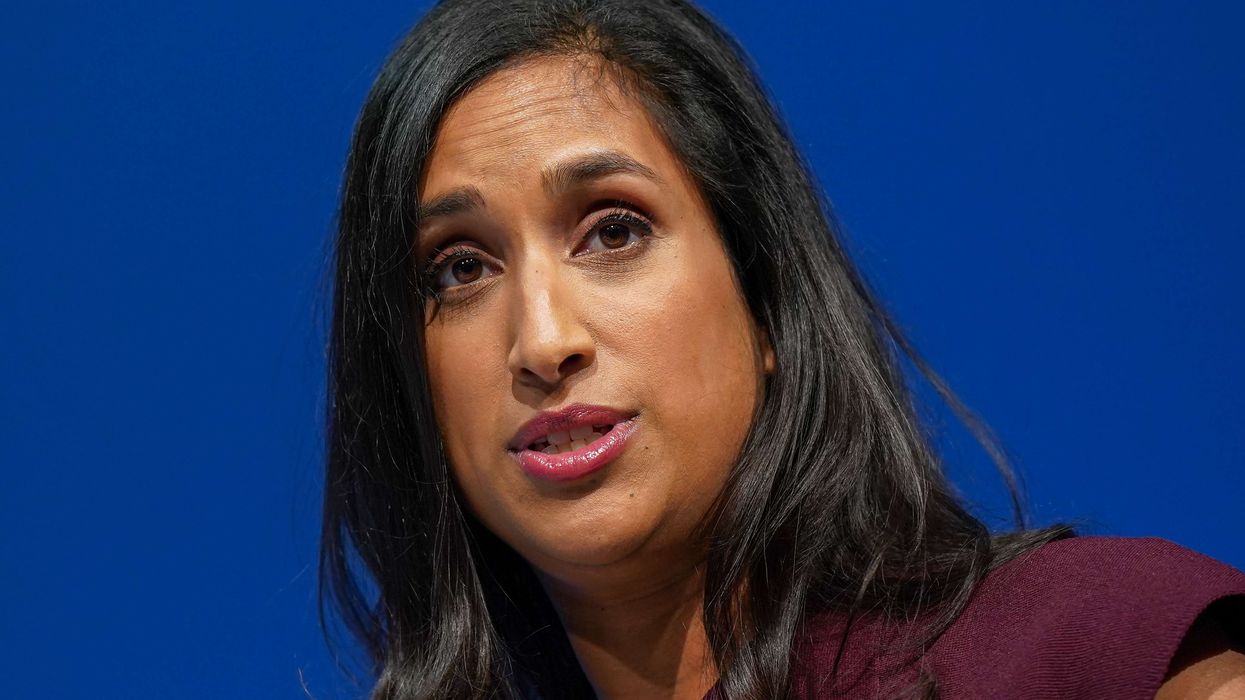By Rohit Chadha
A FEW years ago, as my 50th birthday approached, I reflected on the incredible hardships and sacrifices made by my parents and others in their generation to provide a better life for their children.
They emigrated from their south Asia homes and left behind the social and emotional safety net of family in the selfless hope of better opportunities for the next generation.
I realised how truly privileged and fortunate my generation is as a direct result of the decisions taken by them a few decades earlier. It made me want to also take advantage of my privileged position in the world and give back to have a transformational impact on others who are much less fortunate.
Conscious of the level of injustice and poverty across the world, I decided to focus my efforts on south Asia, my “natural, spiritual home”, where people struggle to live on less than $2 (about £1.42) a day.
These vulnerable people are deprived of life’s basic necessities that we take for granted, such as clean water, food, education and safety from domestic violence and human trafficking. Sadly, the needs of the most underprivileged have only been compounded by the Covid-19 pandemic.
The common theme with all these causes is education. By providing education and support in a safe and secure environment, we can provide a long-lasting solution to lift the most vulnerable out of the spiral of poverty for generations to come, and instead help them become net contributors to their local community and economy.
I believe in the transformational impact of diaspora-led fundraising and becoming a “living bridge” between the UK and south Asia.
My commitment to rally the British Asian community for stronger philanthropic efforts and diaspora-led charity work led to the launch of the Most Exotic Challenge in 2016. Every year, we arrange cycle rides in ‘exotic’ locations, with the aim of making fundraising fun and exotic.
In previous years, the riders cycled through India, Sri Lanka, Cambodia and Tanzania. To date (not including the 2021 ride that has just been completed) we have raised just shy of £1 million, thanks to an incredible team of donors and riders. This is immense, given that just £100 per child per annum can transform their education and pave a way out of poverty.
This year, the ride has come home to the UK. The 2021 ‘Palaces on Wheels’ annual charity cycle ride has crossed £1m in funds raised since 2016 – and hopefully by a big margin as we seek continued donations. The ride supports the vital work done by the British Asian Trust in south Asia. Launched by the royal founding patron of the British Asian Trust (BAT), the Prince of Wales, Palaces on Wheels (PoW) was a four-day, 450km ride that saw more than 30 people cycle across England, stopping off at royal residences on the way from Highgrove in Gloucestershire to Sandringham in Norfolk. The highlight was the Prince of Wales starting us off riding a bike, an event that has captured the attention of everyone nationally and amazingly, globally as well.
The British Asian community, especially my generation, owe it to those who emigrated to the UK and suffered hardships. We should be doing a lot more in philanthropic efforts to ease the suffering in south Asia as our second generation are the result of the exact same efforts by our parents and their sacrifices. I encourage you to get involved and influence others to join the cause.
You can donate at www. justgiving.com/crowdfunding/palaces-on-wheels
BAT PoW webpage: www. britishasiantrust.org/support-us/fundraise-for-us/ palaces-on-wheels-2021/
Rohit Chadha is the managing director of Luxlo and a supporter of the British Asian Trust.













Palaces on Wheels ride puts UK charity efforts for south Asia on track